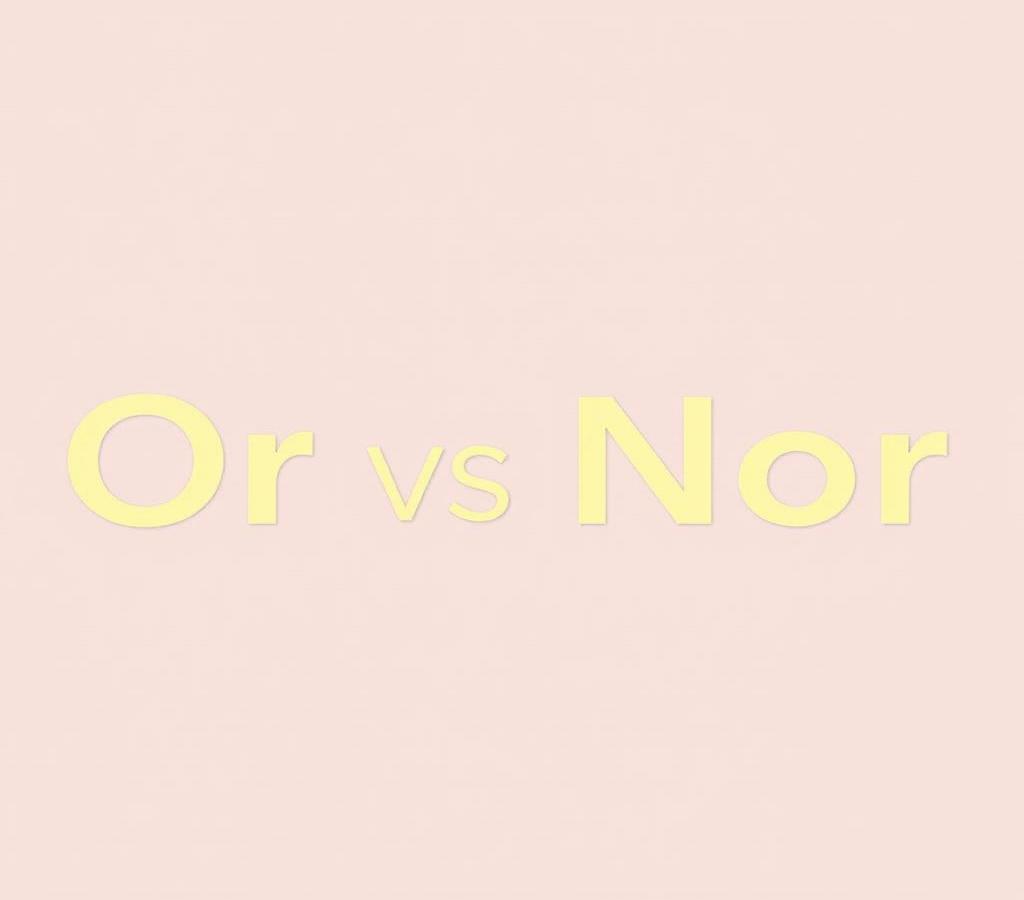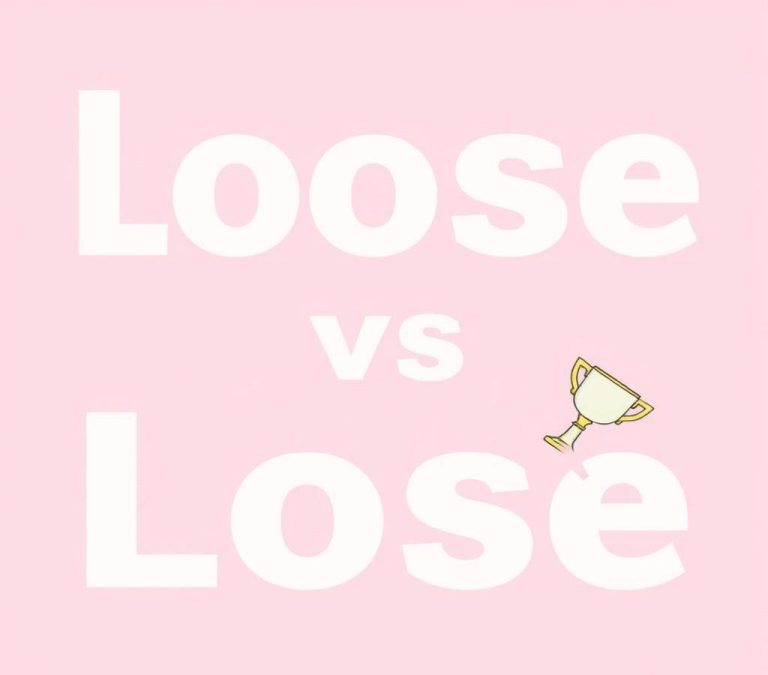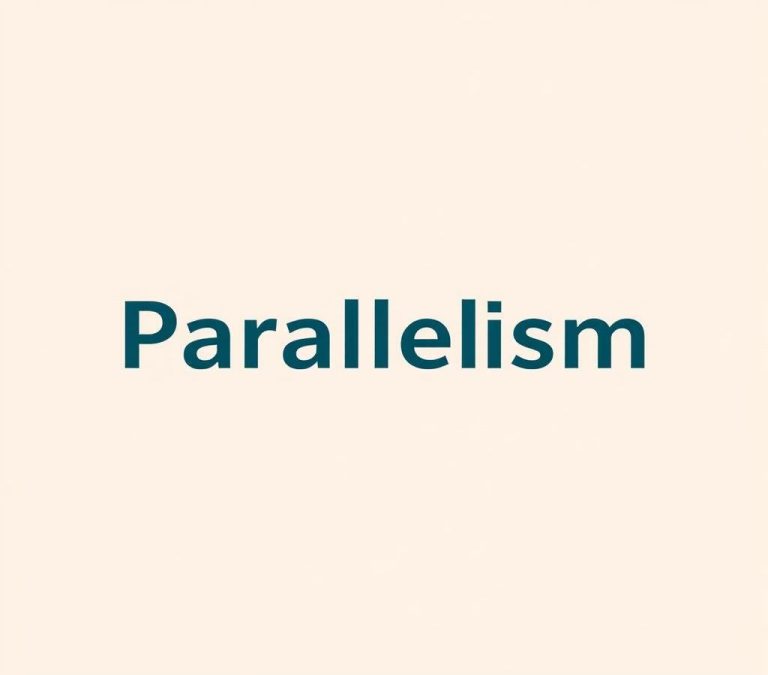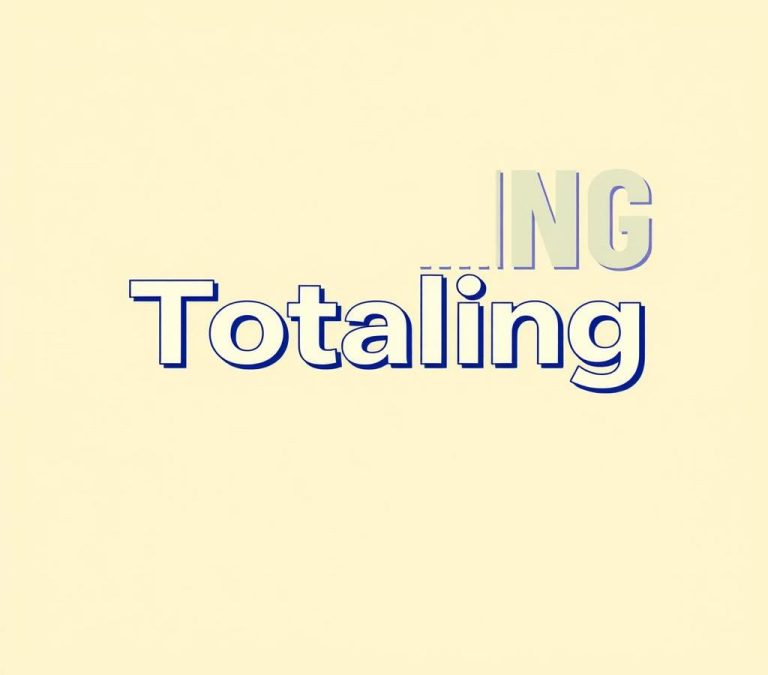Or vs Nor: Grammar Usage & When To Use
Understanding the difference between “or” and “nor” can make your writing clearer and more precise. Both words are conjunctions, but they serve different purposes in a sentence. “Or” is used to link alternatives, while “nor” is used to continue a negative thought. Knowing when to use each can help you communicate your ideas more effectively. This article will guide you through their distinct functions and provide examples to illustrate their proper usage.
Quick Answer
Use “or” when presenting a choice between two positive options. Use “nor” when presenting a choice between two negative options, or to indicate the absence of something. For example:
- I like reading books or watching movies. (positive options)
- I don’t like coffee, nor do I like tea. (negative options)
- I don’t have a car, nor do I have a bike. (absence of something)
Why There is Confusion
English can be a tricky language, with its myriad rules and exceptions. One common point of confusion is when to use “or” versus “nor.” Both words are used to connect phrases and ideas, but their usage rules can be tricky. Understanding the differences and correct contexts can help make your writing clearer and more precise.
What Does “Or” Mean?
The word “or” is a conjunction, often used to indicate alternatives or choices. It usually connects two or more options within a sentence. For example:
- Would you like tea or coffee?
- We can go to the park or stay home.
- Is it Monday or Tuesday?
In these examples, “or” presents different possibilities. It lets the reader or listener know that more than one option is available.
What Does “Nor” Mean?
“Nor” is also a conjunction, but it is used to introduce an additional negative statement. “Nor” typically follows a negative clause or phrase. For example:
- She can’t sing, nor can she dance.
- He didn’t study, nor did he pass the exam.
- The weather wasn’t sunny, nor was it warm.
In these examples, “nor” adds on to the negative information already stated, reinforcing the negativity across multiple conditions or scenarios.
Differences Between “Or” and “Nor”
In Parts of Speech
While both “or” and “nor” are conjunctions, the similarity largely ends there. “Or” is used to offer choices or alternatives, while “nor” is used to add additional negative information.
In Usage and Context
The biggest difference between “or” and “nor” is how they are used in sentences:
- “Or” connects two or more positive or neutral alternatives.
- “Nor” connects two or more negative alternatives and is often paired with “neither.” For example, “Neither the cat nor the dog was outside.”
It’s critical to remember that “nor” generally does not stand alone; it usually follows another negative word, most commonly “neither.” The structure of the sentence must already be negative for “nor” to be properly used.
In Correlative Conjunctions
Correlative conjunctions work in pairs to link equivalent elements in a sentence. “Or” and “nor” often function as parts of these pairs:
- “Either… or”: Used to present two positive or neutral alternatives. For example, “You can either call me or email me.”
- “Neither… nor”: Used to present two negative alternatives. For example, “She likes neither apples nor oranges.”
By understanding these pairings, you can more accurately and effectively employ each conjunction in your writing.
Synonyms of “Or”
While “or” is the most common conjunction for presenting alternatives, a few synonyms can also be used, though they may not be exact replacements. Some of these include:
- “Either”: This is often used paired with “or.” For example, “You can either eat now or later.”
- “Otherwise”: This word can help show an alternative in a different clause. For example, “Hurry up, otherwise we’ll be late.”
- “Alternatively”: It offers another choice explicitly. For example, “We can take the bus or, alternatively, we could walk.”
While these synonyms are useful, they may slightly change the sentence structure or require additional words for clarity.
Synonyms of “Nor”
“Nor” is a bit more challenging when it comes to synonyms, as it has a very specific use related to negation. However, some phrases and words serve similar purposes:
- “Neither”: Often paired with “nor,” it could also stand alone in very specific contexts. For example, “Neither option suits me.”
- “No more”: Used less commonly, it serves a somewhat similar purpose. For example, “He can no more swim than he can fly.”
Using these synonyms still requires a strong understanding of sentence structure and negative phrasing.
Examples of Using “Or” and “Nor” Correctly
Here’s how to use “or” and “nor” properly in various contexts.
For “or”:
- Do you want to go to the movies or stay home tonight?
- Is it his birthday today, or was it yesterday?
- We can order pizza or cook dinner ourselves.
For “nor”:
- She didn’t call, nor did she text.
- I have neither the time nor the energy for this right now.
- The book isn’t available in stores, nor can it be found online.
Pair with “neither” for perfect syntax:
- Neither the manager nor his assistant were present at the meeting.
- She likes neither spinach nor broccoli.
- He neither washes dishes nor takes out the trash.
Conclusion: Mastering the Difference Between “Or” and “Nor”
Understanding the distinction between “or” and “nor” is essential for crafting clear, precise sentences. “Or” is your go-to conjunction for offering choices and alternatives in neutral or positive statements. On the other hand, “nor” is what you need when you’re adding to a list of negative conditions or choices, usually in partnership with “neither.”
With some practice, you can master the use of these conjunctions, making your writing smoother and more effective. Remember the rules, keep an eye on your sentence structure, and you’ll be well on your way to eliminating confusion when it comes to using “or” and “nor.” Happy writing!







